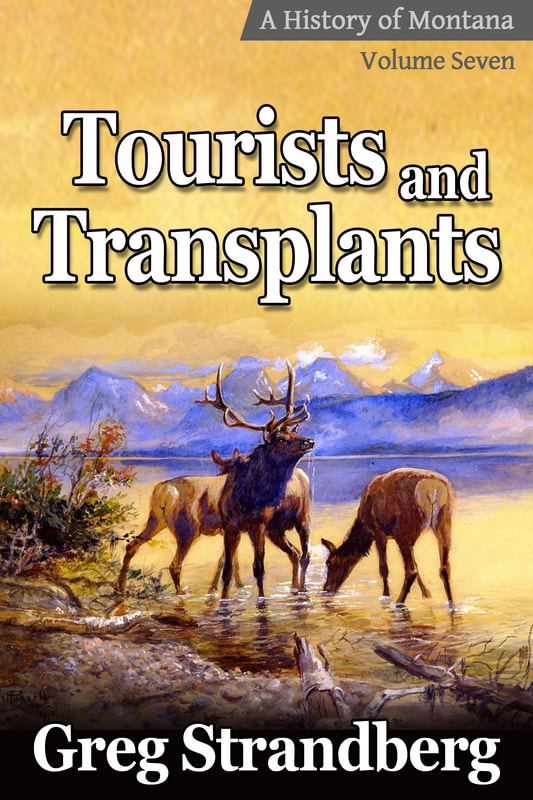
I found these interesting, and perhaps you will too.
This first book is one I thoroughly enjoyed.
It’s called The Secret History of the American Empire: Economic Hit Men, Jackals, and the Truth About Global Corruption.
The book was written by John Perkins and came out in 2007. It’s a follow up to his 2004 book, which we profiled in our first Good Books for You post.
The book is short, just 329 pages not counting notes, and it reads quickly.
Its subject matter is interesting. For the most part we see how members of the “corptocracy” go into countries with lots of resources, buy up those resources by colluding with a small and soon-to-be-enriched minority in the country, then load them up with debt on top of it so they’re paying principle and interest for years, and staying impoverished and dependent because of it.
That’s the gist of the book, and we get a lot of good stuff on the 1990s and into the 2000s.
For instance, Venezuela and our failed 2002 coup of President Chavez is profiled in a non-corporate way. You get a lot on Bolivia and its problems, problems which largely came about when the country decided to throw off it’s American-yoke of debt and dependence to see its own way.
Perkins reminds us that these countries that shun American imperialism are following the same tenets of our own Founding Fathers and Declaration of Independence and subsequent American Revolution.
Today, however, America has come to replace Britain as the imperial oppressor and these people and countries that we hardly ever hear about suffer because of the elite that control the world.
It’s a damn good book and I encourage you to pick it up, or the first book he wrote. Both are available at your library.
I had the next book sitting on my floor for a good month before finally picking it up.
I’m glad I did.
It’s called 1177 B.C.: The Year Civilization Collapsed.
It was written by Eric H. Cline, came out in 2014, and comes in at 176 pages…not counting the notes and bibliography.
Cline is a professor of classics and anthropology at George Washington University, which is in our nation’s capital.
The book focuses on the collapse of civilizations as the Bronze Age came to an end. This threw the Mediterranean societies into a “Dark Age” that lasted until the Greeks came along centuries later.
What’s interesting is that the world in 1177 BC was “a globalized world system with multiple civilizations all interacting and at least partially dependent upon each other.”
The book starts off in the titular year with Ramses III of Egypt in the eighth year of his reign. He and other nations have to contend with six roving groups of “sea peoples” that plague the coasts.
Egypt defeated these Sea People while many other nations did not. They were victorious, but it ruined them at the same time. To better understand why, the book whisks us back to 1477 BC.
It works its way up from there and you can pick up a lot of interesting stuff about how resources, population movements, and human tendencies wrought havoc more than 3,000 years ago.
It caused a “system collapse” that’d been precipitated by a perfect storm of events – natural disasters, drought, and war – that brought down the whole world.
Check it out at your library today.
Our next book takes us a bit closer to the present.
It’s called The Time Traveller’s Guide to Medieval England: A Handbook for Visitors to the Fourteenth Century.
It was written by Ian Mortimer in 2008 and comes in at 292 pages, not counting notes. Mortimer has a Ph.D. in history and works at the Royal Historical Society in London.
Whereas most books on English history tell us of the big names and large wars, this book goes a different route and tells us of the everyday small stuff.
For instance, we see how people lived in the 1300s, what their houses were like, and what they did for a living.
We learn about the large fields that were unfenced and un-walled and how livestock often wandered over the crops.
Individual families had about an acre that they were responsible for tending, so when this happened it was quite “an embarrassment.”
The forests covered about 7% of the English countryside back in the 1300s and there was hardly any loose timber or branches lying on the ground.
People gathered it up and used it for kindling or building. Large oaks were prized for their ability to cross long spans with a single beam.
The Great Plague of 1348-9 devastated these people.
In 1300 there were about 5 million people in England but in 1400 there were only 2.5 million.
England wouldn’t get up to 5 million people again until the 1630s.
I especially liked the chapter on wages. You see huge pay discrepancies between the various classes, and even within them.
For instance, earls got paid about £1,000 a year from their estates. Barons made between £300 and £700 while knights make about £40 and the local gentry maybe £5 to £40.
Bishops make as much as earls while carpenters make about 3 pennies a day, or a little more than a shilling a week. That means it takes them about 4 months to make £1.
It’s an interesting book and you might think so too. Give it a look!
Our last book isn’t a book at all.
It’s a 3-disc DVD series by Oliver Stone called The Untold History of the United States.
Actually, there’s a companion book for it too but I just got the DVDs sent down from the Flathead library.
It starts off with a very detailed telling of WWII and then gets into the Cold War, Vietnam, and beyond.
Chapters include:
- WWII
- Roosevelt, Truman & Wallace
- The Bomb
- The Cold War
- The 50s
- JFK
- Johnson, Nixon & Vietnam
- Reagan & Gorbachev
- George H.W. Bush & Clinton
- George W. Bush & Obama
Besides that you get bonus chapters on WWI & the Russian Revolution, 1920-1940, and a conversation with the director.
So it’s a cool DVD for those that feel our nation’s history since WWII has been very bad, for common people like us and those around the world.
The documentary is great, with old news reels interspersed with clips from films. Stone narrates it throughout.
I finished the series last night and will take it back to the library soon.
Go to your Montana library account page and put a hold on it. It’s well worth it.

